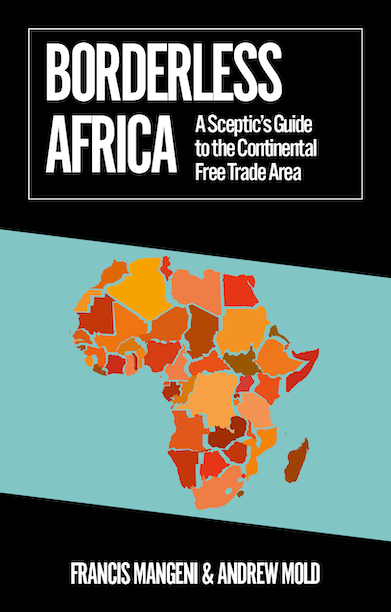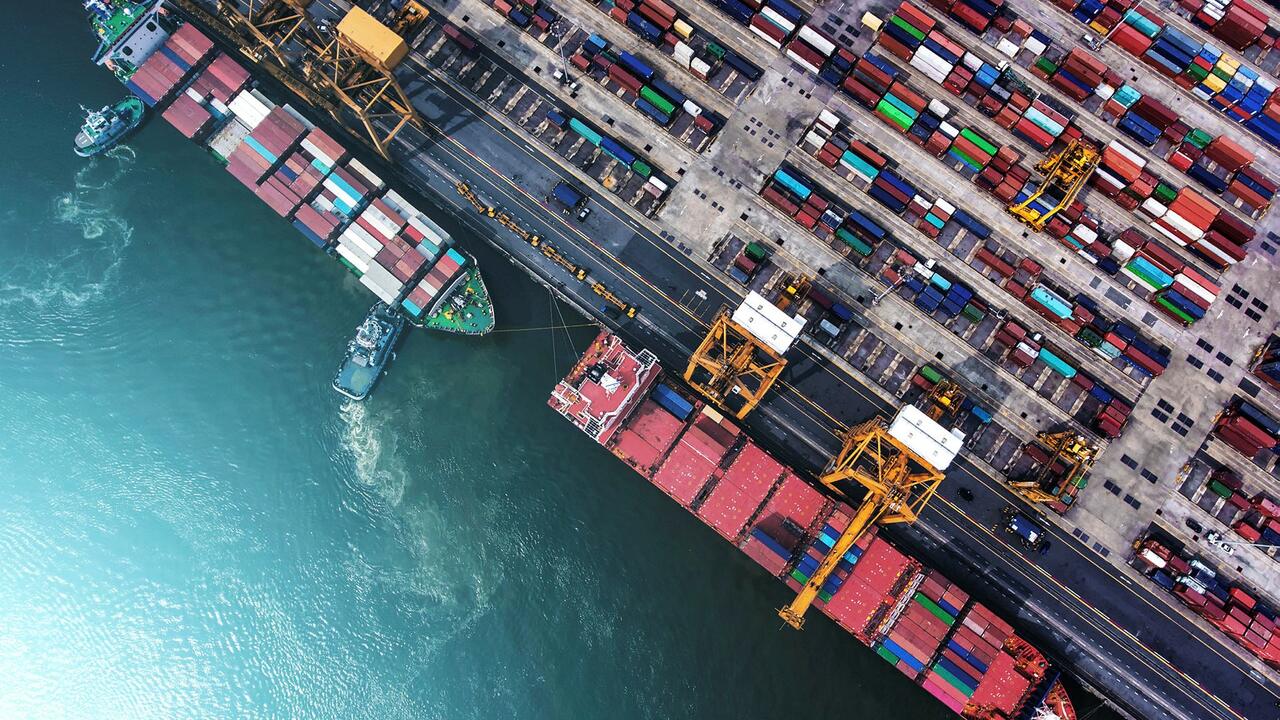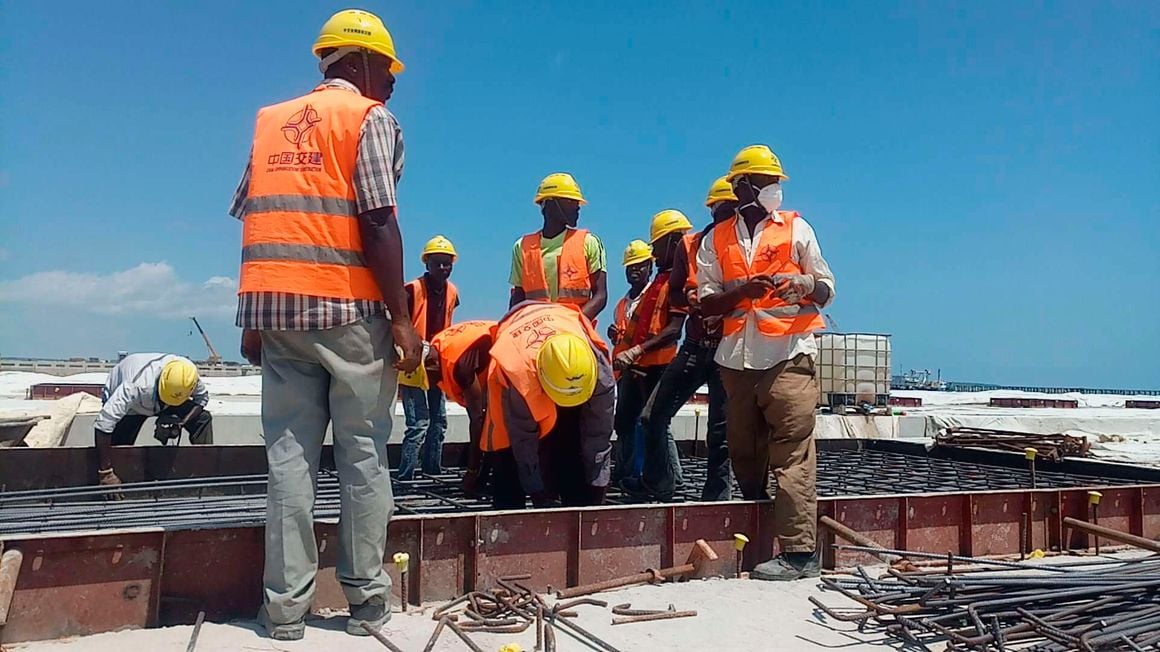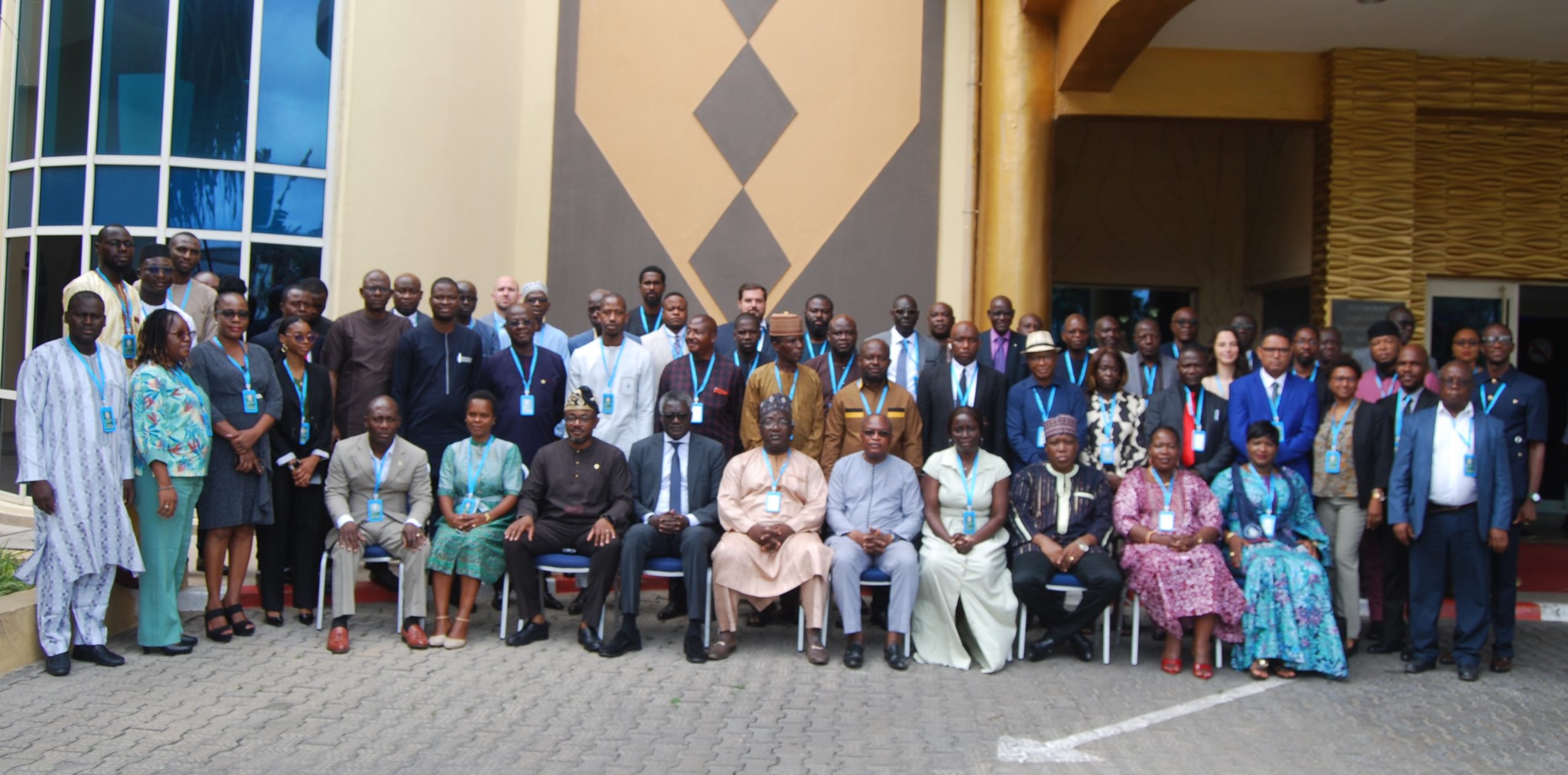Since its establishment at the African Union meeting in Kigali in March 2018, much ink has been spilt and much media attention has been heaped upon the African Continental Free Trade Area (AfCFTA). Yet a lot of misconceptions persist. Borderless Africa was written essentially to clarify those misconceptions and to reemphasise the political economic case for the AfCFTA. We advance the argument that if it wants to achieve its long-term developmental goals, Africa no longer has any viable strategic alternative but to accelerate continental integration under the aegis of the AfCFTA. Despite its name, the AfCFTA actually goes well beyond the creation of a free trade area – it is about forming a continental market. Yet the wording ‘free trade’ understandably provokes adverse reactions in certain quarters, as it is often associated with economic liberalisation programmes of the 1980s and 1990s – ‘Structural Adjustment Programmes’ – that caused a lot of economic pain in Africa with very little gain. However, the critics are guilty of making a false equivalence – if it were true that the AfCFTA were a neoliberal project, then all attempts at regional integration would be open to the same accusation. An idea whose time has come In fact, the AfCFTA is firmly grounded in longstanding pan-African ideas of how to achieve greater unity among African countries. This goes beyond the usual names associated with pan-Africanism (Nkrumah, Nyerere, Senghor, etc.): Borderless Africa builds heavily on insights of two intellectuals that were deeply committed to pan-African ideals – Adebajo Adedeji and Thandika Mkandawire. In fact, Adedeji was one of the principal...
Towards a Borderless Africa: How the AfCFTA Is Changing the Narrative on Continental Integration
Posted on: May 16, 2024
Posted on: May 16, 2024
























